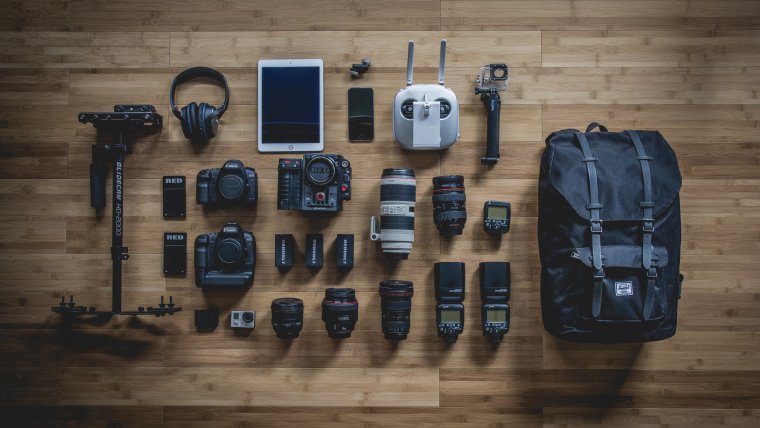
Have you ever had technical issues with your photography equipment before? As all professional photographers know, technical issues are unavoidable. They will happen sooner or later. The frequency depends on how well you maintain and take care of your equipment. Nonetheless, it is impossible to avoid running into problems with your equipment altogether. Therefore, we’ll discuss how to prepare backup equipment in order to be sure that you can take care of your clients’ needs no matter what happens.
We’ll list the type of equipment that we should have backups for, in order of importance:
Table of Contents
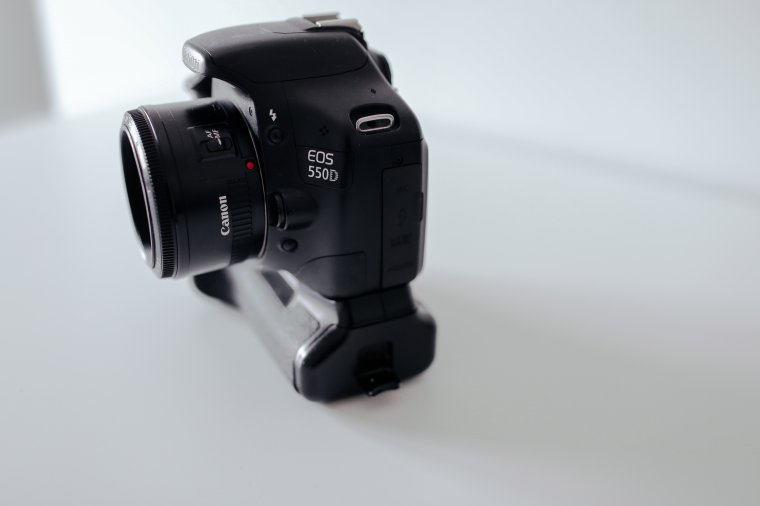
Let’s be honest – without a camera body, a photographer is indeed useless. It is the main piece of equipment that every other equipment attaches to and needs in order to function. If you are limited by your budget, try looking for an older camera body that still has good image quality, such as an older full-frame DSLR. It is advantageous to bring an extra camera body in case anything happens to the main camera body. The most common problem that happens on a photo shoot is a technical error on the camera, preventing it from being able to take any more shots. Errors like these require professional repairs, usually from the camera manufacturer or a camera repair shop. Another thing to note is to bring an extra battery pack or two for every photo shoot. You never know when forgetting to recharge your battery packs the night before means that you’ll be one or two batteries down. It might be a good idea to invest in a battery grip to attach to the bottom of your camera. These battery grips provide extra battery power while also providing other features like an extra shutter button.
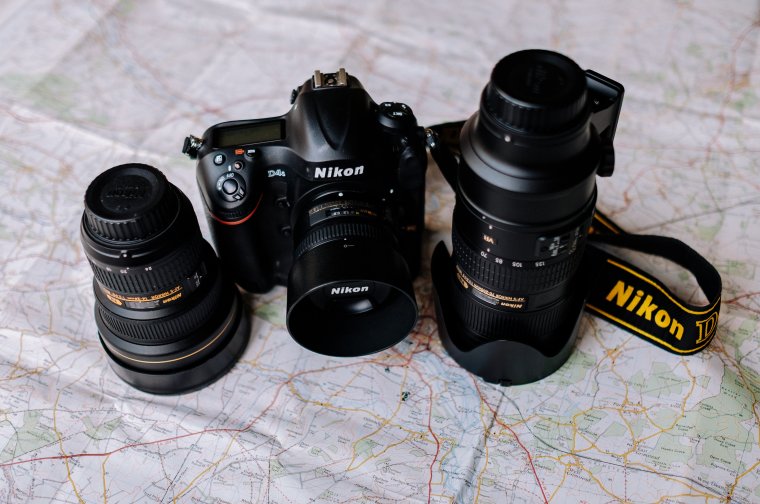
Although lenses are quite formidable and can usually take a beating from the elements, they aren’t invulnerable. A simple 1-meter drop to the ground may be all it takes to destroy a lens. In addition to taking the necessary precautions (using a lens filter and a lens hood), it is important to also bring backup lenses. These don’t have to be top of the line lenses, but a decent zoom lens might be all that’s needed for a backup lens. The reason that a zoom lens is preferred is that it’ll cover a wide range. It is impossible to know beforehand which lens you will be needing to replace during a photo shoot. It may get stolen, lost or even dropped. Keeping a backup zoom lens handy helps the photographer have peace of mind and continue working uninterrupted.
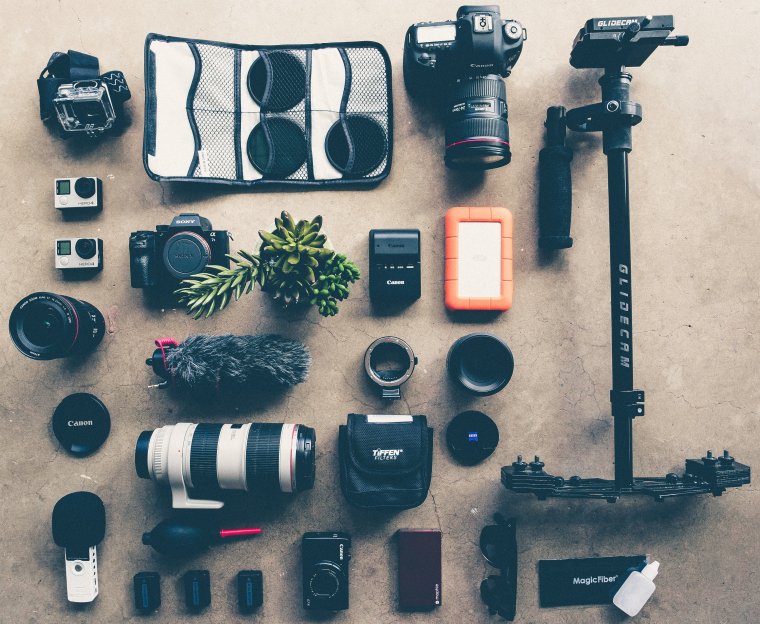
Lens filters are a great way to not only protect your lens but also to achieve desirable effects. For example, a neutral-density (ND) filter enables the photographer to lower the amount of light entering the lens. This effect allows the photographer to use a high aperture for a stronger bokeh effect or to use a lower shutter speed to capture motion blur. Waterfall photographers make great use of ND filters. A polarizing filter is another great filter that many professional photographers use. Polarizing filters are amazing for every lens in your collection – they reduce reflections while enhancing contrast and increasing color saturation.
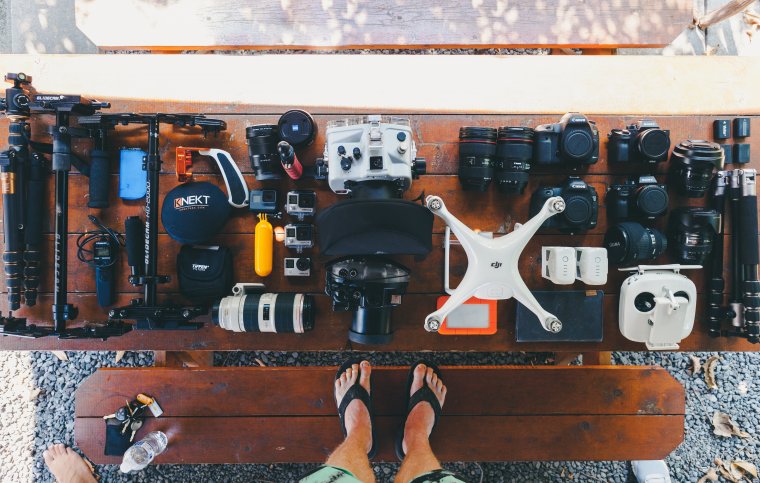
Every photographer’s toolkit is different. Every photo shoot requires different equipment. Because of this, we can’t give you a list of everything you’ll need. But we can help you as the photographer to ask yourself questions to determine what you should prioritize when preparing backup equipment. Think of what equipment you cannot continue shooting without. If your photo shoot is at night and requires a tripod to take tack sharp shots, then bring a backup tripod or monopod. If your photography requires drones – bring a backup drone, batteries, remote controller, and anything else that you can’t afford breaking down. Although it is nearly impossible to have space or time or money to have backups for everything, the important thing is recognizing the value of each item and having backups of the most important items. Being able to continue shooting without a hitch when something goes wrong is a wonderful feeling as a photographer.
Happy shooting!
Comments (0)
There are no comments yet.